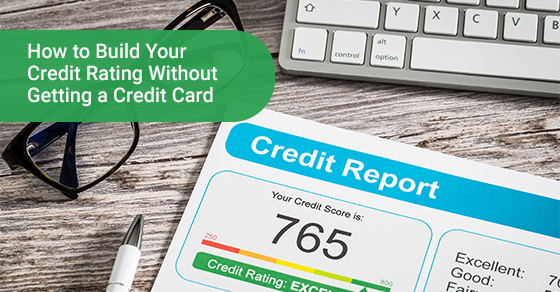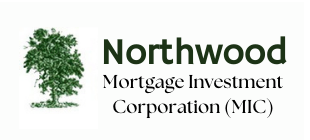Studies project that one out of every three millennials will never own a home. The projections indicate that this population segment of millennials will still be renting apartments or housing when they retire. Housing prices are soaring, which means that the sizes of a potential deposit are soaring as well, and the cost to rent a home or apartment is spiralling out of control. Millennials, the generation typically defined as the people born between the 1980s and the late 1990s, don’t have the economic means to enter the real estate market. Even more troubling, an alarming number of millennials have a poor credit score — or no credit rating at all. This can add yet another barrier to potential homeowners. Some millennials have poor credit scores even though they are consistently making monthly rent payments. An Explanation of Credit Ratings A credit rating, in its simplest definition, is a number that reflects how good you are at paying back loans. When a mortgage lender decides whether to give you a mortgage approval, they want a strong level of assurance that you can pay that loan back. This is also the case for a line of credit, small business loan, or financing for expensive purchases such as a mattress, appliance, or dining set. It’s important to be able to show that you reliably and consistently pay off your debts. Your credit score is tracked by Experian and Equifax, along with other companies that can access your financial information. They calculate a score based on your financial history. This score takes into account information about your spending, income, past and current borrowing, debt service ratio, utility bill payments, and other financial information. No matter what kind of loan you’re looking for, any lender will want to run a credit check before they let you borrow money. A credit check gives lenders an idea of what level of risk they’ll be engaging in. The biggest problem is that very few first-time buyers have an extensive credit report history. Other issues can include a buyer having an unpaid bill, unpaid parking tickets, or a problem with their student loans. These financial missteps can bring a credit rating down exponentially. Even if you don’t have overdue bills, a general lack of credit history is no better than a poor credit history. Financial institutions consider your history to be a strong indicator of your future. So a potential lender has no way to guarantee that you’ll repay a debt if they have no evidence that you’ve repaid debts in the past. Most commonly, people build their credit scores by opening a credit card. However, risk-averse borrowers might want to avoid a credit card due to the associated high-interest rates. It’s important to have some way of increasing your credit, though. When you’re trying to get a mortgage approval, you should keep in mind that this is probably the biggest transaction you’ll make in your life. It shouldn’t be the first time you’ve borrowed money. Instead, you should work up to borrowing a substantial amount by first borrowing and repaying smaller amounts. These three methods will help you build your credit rating without investing in a high-interest, high-penalty credit card:
-
Paying Rent on Time
One frustration that young house hunters often encounter is the lack of effect rent payments have on a credit rating. Up to one in every seven private tenants spends over half of their income on their rent payment. But even though lenders see your rent payments on banking statements, your credit score isn’t improved by consistently making rent payments on time.
However, the lack of rental credit scores could be a thing of the past. A new app, Canopy, allows people to have their rent payments count as part of their credit scores through Experian. This app also allows people to bypass the deposit part of tenancy by paying insurance policies to the landlord instead.
-
Adding Your Name to Utility Bills
For the typical young person who has just graduated high school or college, utility bills have never been held under their own name. But if you successfully pay a utility bill each month, this will contribute positively to your credit rating.
If you’re going to college or living with roommates, you should try to get your name on the utility bills. The same is true for anybody who’s contributing to monthly bills that aren’t in their name — for example, people who live with their parents and contribute to the monthly utility bills of the household.
If your utility account isn’t registered in your name, you won’t be able to boost your credit score by making regular payments. Instead, the person whose name is on the bill will benefit from the credit boost. It’s highly worthwhile to ensure that one or two bills each month are registered in your name.
-
Registering to Vote
Many people don’t realize this, but registering to vote can help to boost your credit score. If you’ve been on the electoral roll for a long period of time, and you’ve voted in multiple past elections, you’ll have a greater advantage when you fill out a mortgage application or other financing agreement. This applies to voting at the municipal, provincial, and federal levels.
When you register to vote, credit agencies can verify who you are, where you live, and that you’re actively involved in your community. Being an active participant in the democratic process shows dedication as a citizen and commitment to being politically responsible. This makes you a more attractive and stable option to lenders, even if you don’t have a credit score from a credit card.
For more information about how we can help you, call Northwood Mortgage™ at 1-888-492-3690 or contact us here.






































